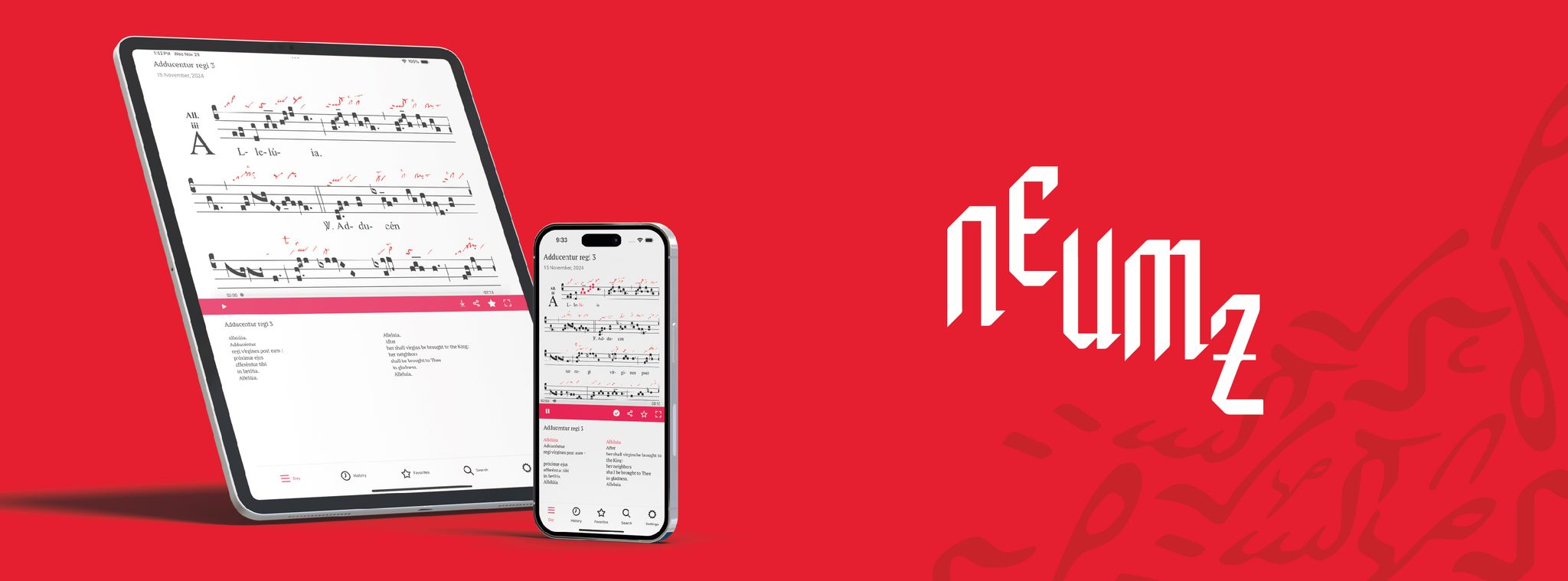Tollite Portas 2
Advent has prepared us, offered hints and glimpses of the arrival of our Saviour -- and now the moment is imminent. Hodie, today; mane, the morning: words which repeat often on Christmas Eve, including in the Introit to the Vigil Mass.
Hodie scietis quia véniet Dóminus, et salvábit nos:
et mane vidébitis glóriam ejus.
Today you shall know that the Lord will come and save us:
And in the morning you shall see His glory.
We keep vigil for the morning and the birth of the child. “Today” means not some future utopia, the arrival of some heaven on earth, but really today. Today in our normal daily lives, with their pains, regrets, sadnesses and challenges. The morning will come, and with it hope. Hope of eternal life and of happiness in knowing -- in person, in the flesh -- the glory of God.
Today is the lowering of the Word of God, of the second person of the Trinity, into human nature. This was wonderfully made audible in the Offertory:
Tollite portas, príncipes, vestras:
et elevámini, portæ æternáles,
et introíbit Rex glóriæ.
Lift up your gates, you princes,
and be lifted up, eternal gates.
And the King of Glory shall enter.
We at Neumz have the great benefit of working with Dominique Crochu, an expert in medieval paleography: in this video he offers a discovery that we are very pleased to share with you.
The Gregorian melody illustrates God’s glory in the high register. What is interesting is that, after a careful analysis of dozens of manuscripts of this chant, it seems that the melody given at the very end of current editions has been transmitted to us inexactly. As Dom Guilmard was suggesting in yesterday’s video, unfortunately things can be lost on the one hand while gained on the other in successive generations’ attempts at fixing music in ever more determinate notation systems. In this case it seems that the original melody was eroded, that a step down was lost, and thus the ending results a whole tone higher than it would have been in the original 8th-century chant.
The missing descent, which transposes the ending of the chant down by a whole tone, in one of the early manuscripts from St. Gall (CH-E-121)
This descent into the lower register might strike us as strange, after extolling the glory of the King in the high register, but it is exactly the lowering of that glory into human nature that we celebrate today. In the video, the audio recording of the Sisters has been digitally modified to demonstrate what this sounds like.
With the birth of Jesus, the Word is now incarnate, and God lives among us. “Revelabitur Gloria Domini”, the glory of God is revealed to all flesh, says today’s Communion. Dominique recalls that Moses stated that no one can approach God without dying. But it must now be understood in another way: no one can approach God without dying to himself, that is to say to be in a state of humility, just like Him.
God has offered our salvation. Now it is up to us to accept, and we pray, in the words of the Secret (the prayer over the offerings) of the Christmas Vigil Mass, that:
In illius inveniamur forma, in quo tecum est nostra substantia.
We may be found in the likeness of Christ, in whom our nature is united to You.
